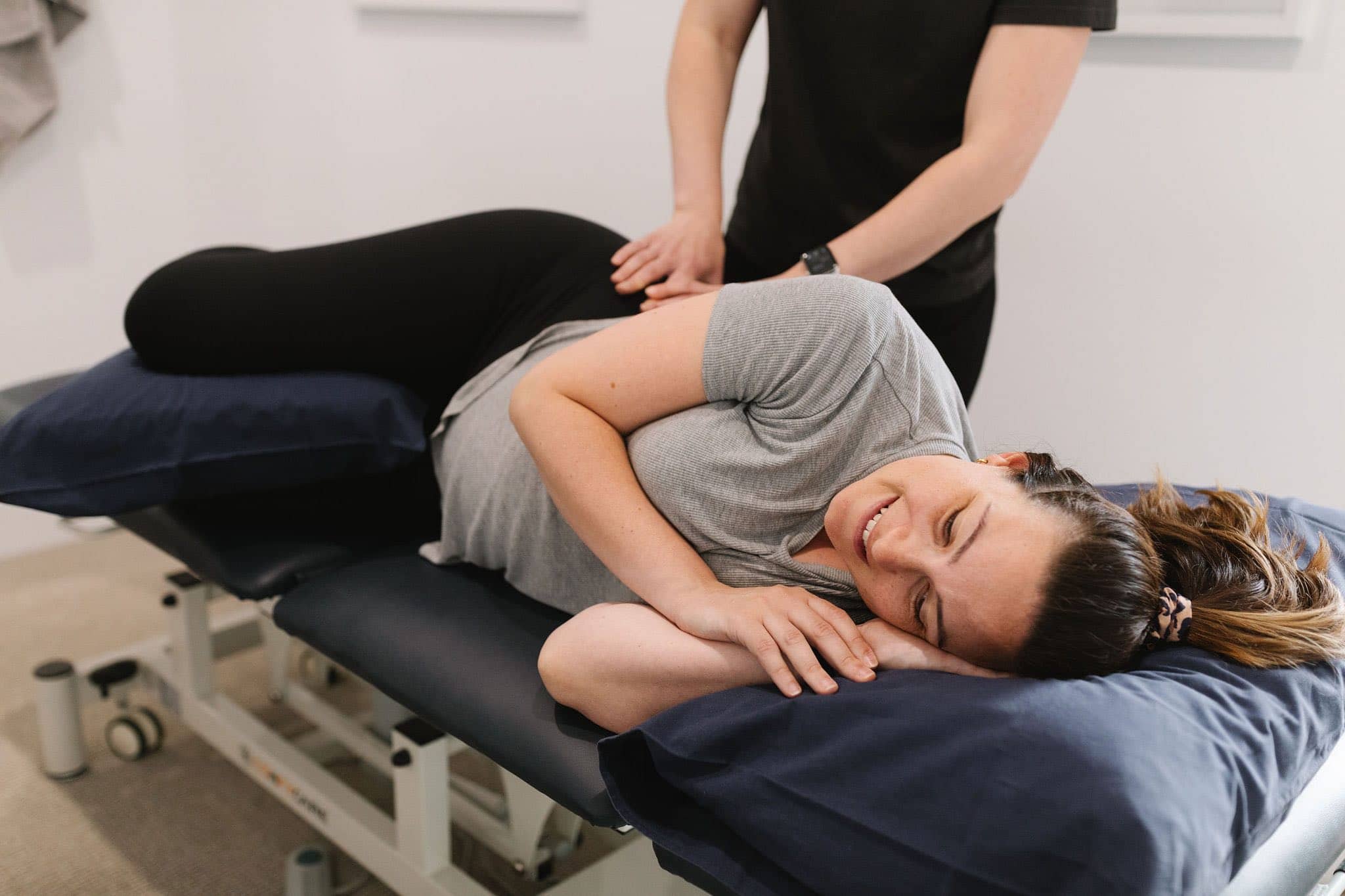Gluteal tendinopathy is a common condition that affects the tendons surrounding the hip, specifically the gluteus medius and minimus tendons. This condition can lead to pain and discomfort in the lateral hip region, impacting daily activities and overall quality of life. In this blog post, we will explore the symptoms, causes, and effective physical therapy strategies for managing gluteal tendinopathy.
Symptoms:
Lateral hip pain is very common with this type of muscle dysfunction. Persistent pain is often reported on the outside of the hip, especially during activities like walking, climbing stairs, or standing on one leg. Weakness is also a common occurrence with this condition. Weakening of the hip muscles, particularly the gluteus medius, leads to instability and altered gait. Many people also report stiffness of the hips that can cause significant pain or discomfort when changing positions such as standing from a chair or getting into or out of a car.
Causes:
Overuse of the muscles of the hip can commonly lead to gluteal tendinopathy. Repetitive activities that involve hip abduction and external rotation, such as running or climbing stairs, can contribute to overuse and strain on the gluteal tendons. Additionally, poor biomechanics can increase stress through the hip joint and lead to muscle imbalances and weakness that contribute to worsening of the symptoms. Lastly, tendons naturally weaken with age and decreased use, making older individuals more susceptible to this condition.
Physical Therapy Interventions:
Initially, the focus is on reducing pain and inflammation through modalities such as ice, ultrasound, or soft tissue mobilization in combination with low level exercises to improve joint mobility. Targeted exercises are then implemented to strengthen the gluteal muscles, emphasizing the gluteus medius, to improve hip stability and reduce strain on the tendons. Additionally, stretches targeting the hip musculature are implemented to improve hip mobility and reduce discomfort with positional changes.
Gluteal tendinopathy can significantly impact daily life, but with the right physical therapy interventions, individuals can experience relief and regain function. A comprehensive approach that addresses pain management, muscle strengthening, and biomechanical factors is crucial for a successful recovery. If you suspect you have gluteal tendinopathy or generally experience hip pain, consult with a physical therapist at Respire Physical therapy. Call Respire Physical Therapy at 703-671-1871 or click here to schedule an initial evaluation to start your recovery journey and get back to your favorite activities. 
Tags: pt education, hip pain, gluteal tendinopathy, glute pain, choosept, arlingtonva, alexandriava, fallschurchva, ptworks, Physical Therapy, Respire Physical Therapy, pain free living, physical therapist, health blog



